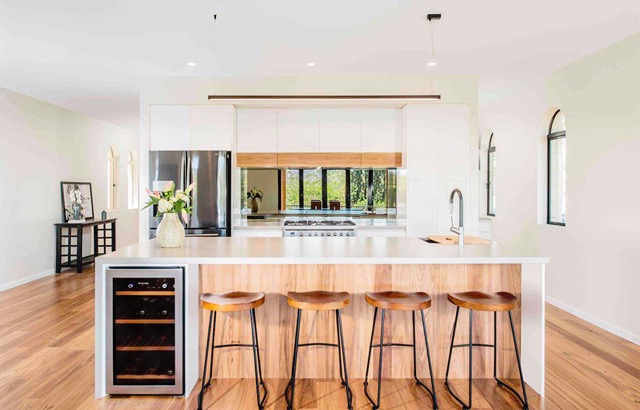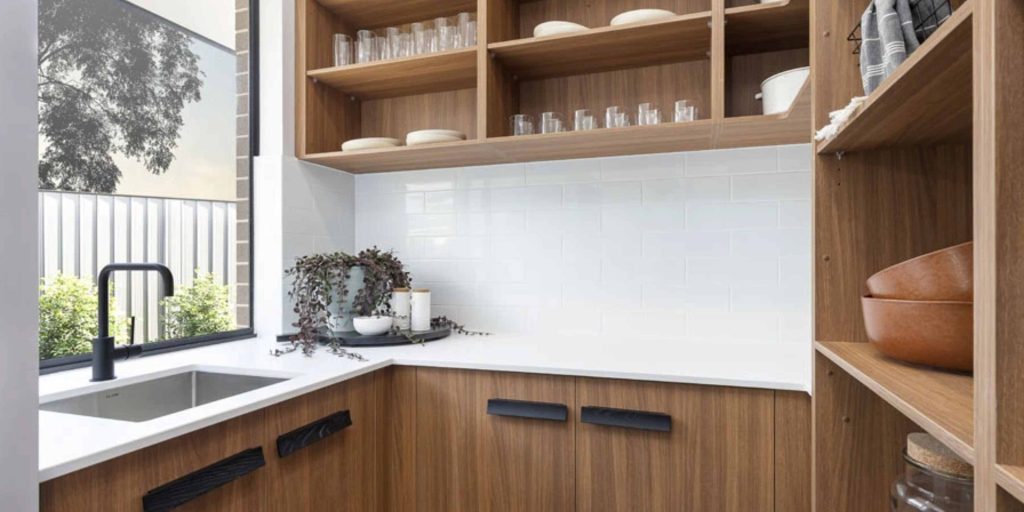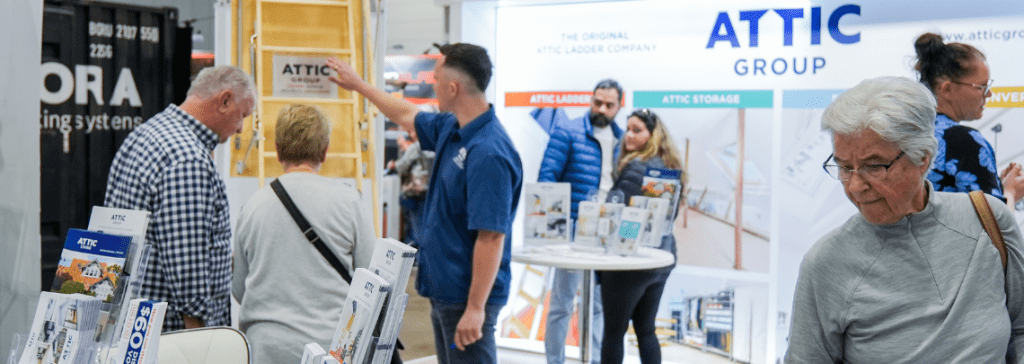The common theme that architects and builders often hear when speaking to clients is that the end user always wants a unique home. Why wouldn’t they? If you’re designing a custom built home, it should be reflective of your lifestyle and family needs and reflect your personality.
Floor plan designs need to suit these lifestyle requirements and should be well thought out with a good custom builder who listens and works closely with you. If you achieve this balance in the relationship, you will eventually design this ‘floorplan footprint.’ The planning then turns into excitement, with a focus on the timeline and end result.
It’s the look and ‘uniqueness’ of the external cladding of your home that will set it apart from everyone else. The façade of your home immediately builds resale value from the moment you receive the keys. The external cladding of a home is like the ‘dress sense’ or ‘make up’ worn by us as individuals – it’s a reflection of who we are.
When investigating what cladding options are available to achieve this ‘individual look,’ you’ll discover that natural limestone offers incredible versatility in product and colour range. Limestone’s ability to simply fit into all housing design options is quite remarkable.
If your home is traditional, limestone blocks are now complemented with a broad range of decorative mouldings so plinths, wall bands, window moulds and parapet capping are easily achievable. If your design is more modern and contemporary, limestone offers clean crisp lines that complement timbers and steel to create the most beautiful architecturally designed structures.
Building in stone is often misunderstood as being very expensive and labour intensive, but this is simply a myth. Building in limestone has the exact same principles of building in brick. Plus, natural stone offers immediate warmness and beauty to a home and provides superior thermal and acoustic insulation.



